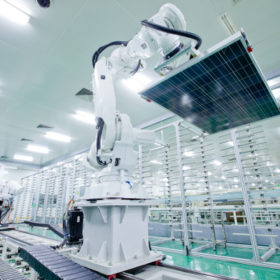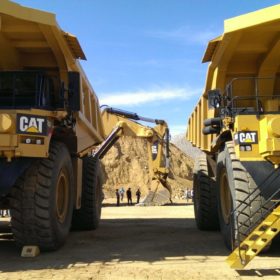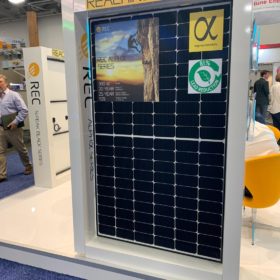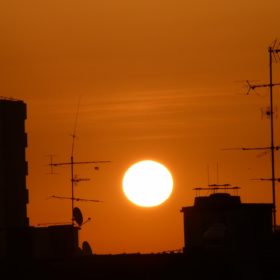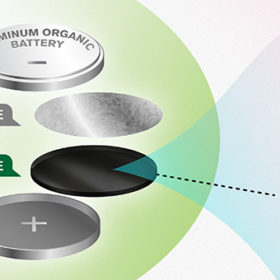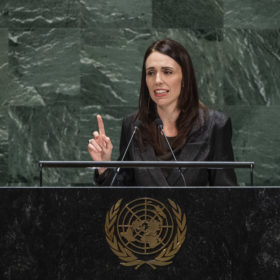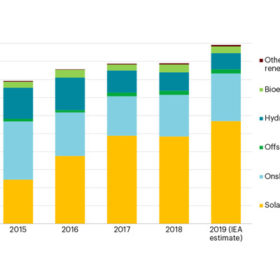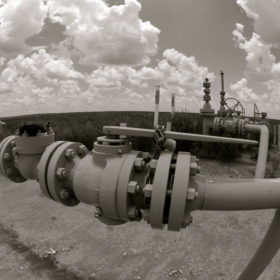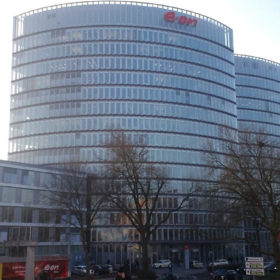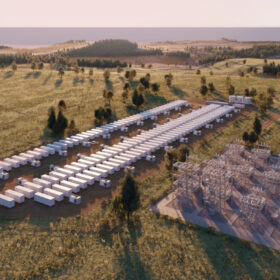Jinko launches Tiger module Down Under
The Chinese manufacturer has officially unveiled its high-efficiency product in Melbourne after celebrating a 13.6 MW panel order from the nascent Hungarian PV market.
Hydrogen powered mining trucks are coming
The building-sized trucks run on diesel and prompt logistical complications as large amounts of diesel must be shipped to remote mining sites. Attempts to decarbonize the mining sector will have to consider the heavy-duty vehicles.
REC to launch Alpha Series in Australia
The Norwegian solar manufacturer is planning to debut its Alpha Series heterojunction (HJT) modules at next week’s All-Energy event in Melbourne. Touted as the world’s highest power 60-cell solar panels, the new series promises over 20% more energy production than other modules with the same footprint and added value for home owners.
New antenna for a better photon harvest
An Italian research team has developed a device that it says can easily be integrated into a PV cell, and can boost its efficiency by converting more light particles into a high energy state before they are absorbed by the cell. The scientists claim that their innovation could offer a green‐to‐blue photon upconversion yield as high as 15%.
Danish researchers bring some color to rooftop PV
Scientists led by the Technical University of Denmark have begun a project to design solar cells that can be produced in different colors with minimal effect on performance, making them suitable for building-integrated and other applications with aesthetic considerations.
New aluminum batteries for renewables storage
The devices, developed by a European research team, are said to have twice the energy density of conventional aluminum devices. The scientists used a cathode made of anthraquinone, instead of one based on graphene, increasing energy density.
New Zealand leading five-nation climate trade agreement in world’s first
New Zealand begins negotiations with four other small nations on trade agreement to remove tariffs on environmental goods, such as solar PV, and eliminate fossil fuel subsidies. The deal would be a world’s first, and another example of the confidence boost New Zealand enjoys during the Rugby World Cup.
International Energy Agency forecasts 115 GW of new solar this year
The global expansion of PV, wind power and other clean energies will see double-digit growth this year as solar continues to lead the pack.
‘The world has no chance of beating climate change if natural gas is part of the mix’
A report by Germany’s Energy Watch Group thinktank has said we would be better off sticking to coal and oil than switching to gas because emissions of methane, the most potent greenhouse gas, caused by gas extraction render any related carbon savings irrelevant.
EU approves Eon’s bid to take over Innogy
It took a while, but now the energy giants can finalize the mega deal. Rival energy companies have criticized approval of the deal amid fears Eon could dominate the German market.
